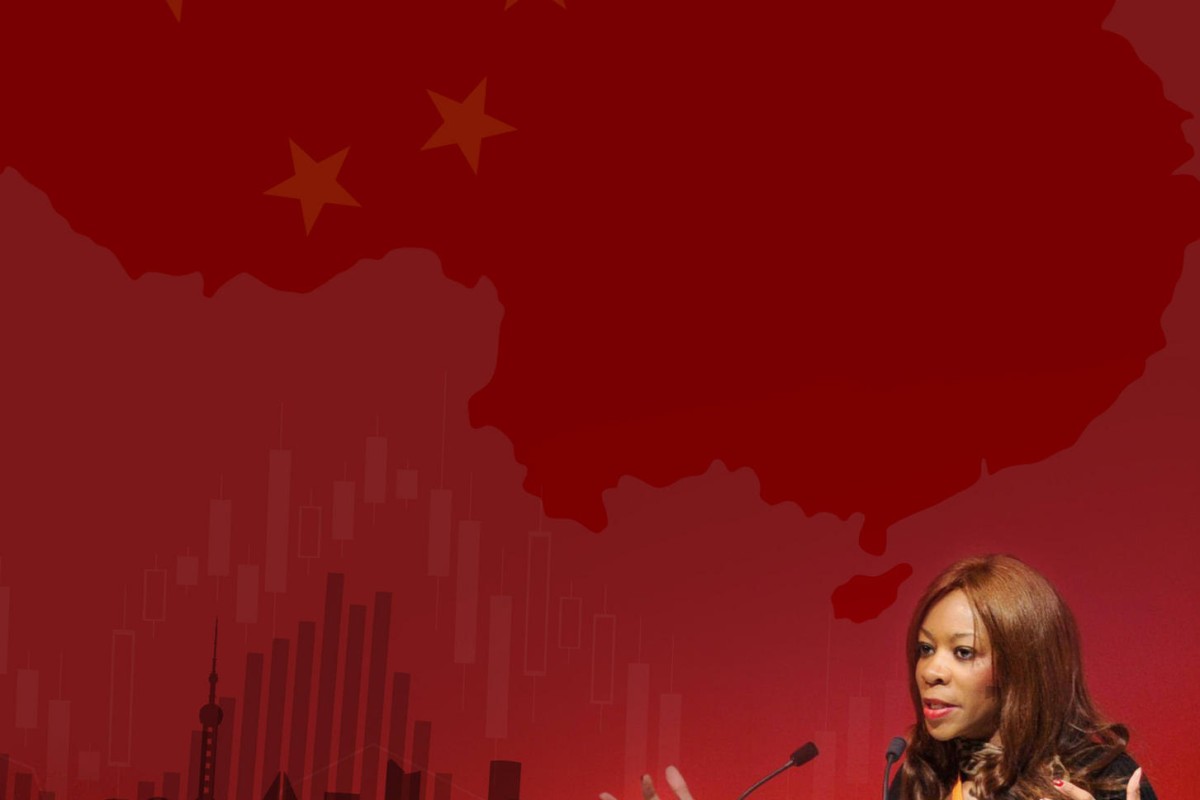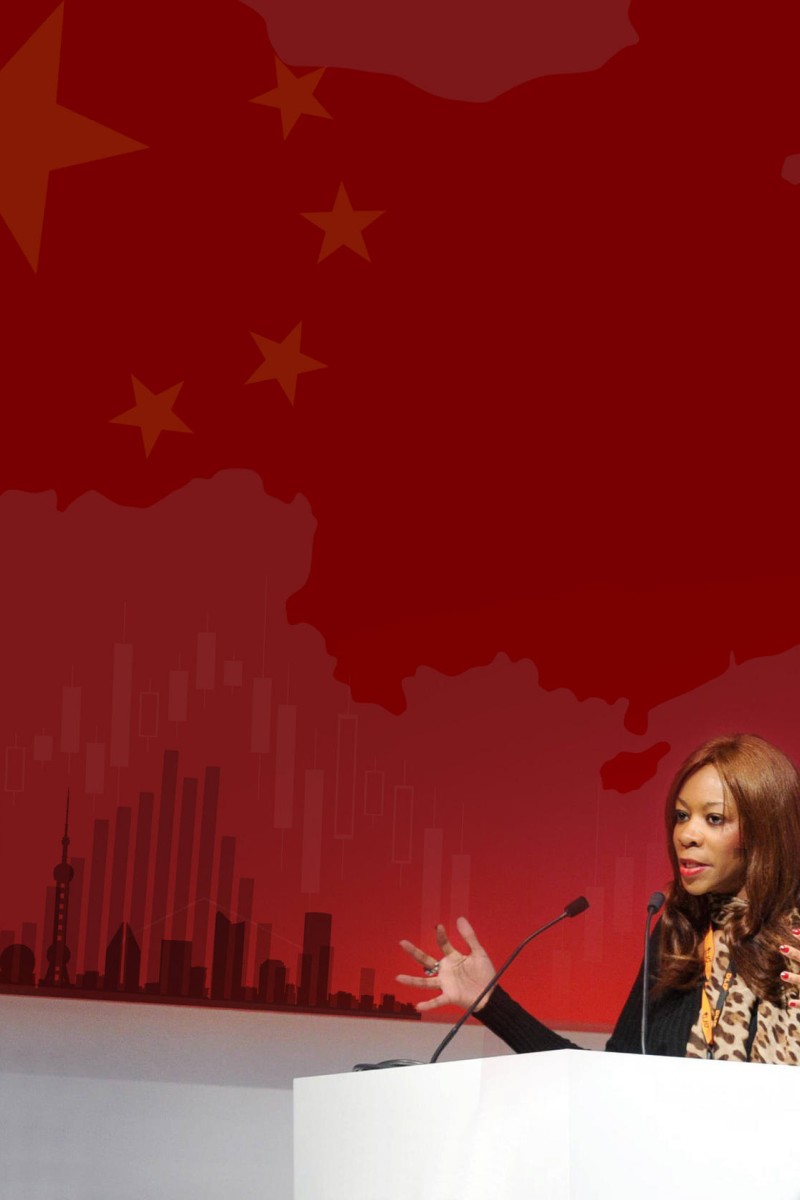
Following the initiation of Deng Xiaoping's economic reforms in 1978, millions of people have been lifted out of poverty in China. In this sense, aren't the Chinese authorities worthy of the Nobel peace prize? This is the question that Dambisa Moyo asked us during a special lecture in Paris.
Moyo's résumé is hard to beat. She has a Master's degree from Harvard and a PhD in Economics from Oxford under her belt. She has worked for the World Bank and Goldman Sachs. What's more, she is the author of the international bestseller, Dead Aid: Why Aid is Not Working and How There is A Better Way for Africa.
Moyo dedicated her lecture to recent seismic shifts in global economics, politics and business.
Black swan events
According to Moyo, we are currently witnessing three major economic trends: a growing scepticism towards globalisation; a tendency towards protectionism rather than trade liberalisation; and an increasing role for states. The important thing about trends is that they are often adopted and deemed conclusive by opinion-makers.
Moyo says we are often too rash when settling for what appears to be consensus, but it is the "black swan" events we must look out for. These are surprise occurrences which go against what we perceive to be the trend, and hence only realise with the benefit of hindsight.
Moyo urges us to step back and challenge basic assumptions. For example, looking at politics, we have long been taught the virtues of liberal democracy. Especially since the Bretton Woods agreement of 1944, the economic success of the Western democracies has resulted in the view that the "Western model" is the one-size-fits-all solution for the world. Moyo, however, says the data does not quite correspond with such a level of confidence.
If we compare China with the United States, the former functions without democracy under a system of state capitalism, and the latter is a liberal democracy with a free market economy. The difference is stark. But Moyo points out that China and the US have the same level of inequality, both with a Gini coefficient of 0.45.
If the two approaches yield the same result, we need to ask whether the Western model is indeed more desirable. Moyo thinks the Chinese method actually delivers results. She says we need to challenge the hypothesis that democracy is a necessary condition for growth. She cites Singapore and Taiwan as examples of countries which have enjoyed rapid economic growth without first having obtained democracy.
We the people
We have seen a tremendous amount of socio-political unrest recently. Moyo points to a report by the Economist Intelligence Unit which says that 65 countries (43 per cent of the total 150 countries examined) will have a high or very high risk of social unrest in 2014. Why is political instability on the rise? Perhaps the weaknesses of democracy are becoming more and more apparent? Moyo also reminds us that people are not necessarily fighting for democracy in these protests.
Don't get Moyo wrong. She is not saying that democracy is undesirable. It just takes time to implement. She brings up her recent conversation with the Associate Justice of the US Supreme Court, Stephen Breyer. He asked Moyo to cast her mind back to the first line of the US Constitution, created in 1787. It reads "We the people …". The question is how long did it actually take the US to truly accomplish the mission embodied in those words?
Breyer believes it was not until the landmark court case, Brown v. Board of Education 1954, that the US really began to embrace the notion of social equality. The lawsuit was brought against the Board of Education in Topeka, Kansas, to reverse a policy of racial segregation within schools of the district. Ultimately, members of the Supreme Court ruled unanimously that segregation in public schools was unconstitutional.
It took the US almost 170 years to accept the essence of "We the people", and it even required force to make it happen. In 1957, President Eisenhower had to send troops to the now famous Little Rock Central High School to ensure the safe entry of nine black students.
Look at the facts
Although brief on the topic of business, Moyo successfully described the volatile situation faced by corporations today. Barclays Bank (the board of which Moyo also sits on) has gone through three CEOs in the past four years. The average lifespan of businesses has also been shortened. The real significance of this, however, remains uncertain.
Despite having covered economic, political and business issues, we still seemed far from reaching a definite answer to the central question of Moyo's talk: "What's it going to take to be successful in our future world?"
Like many economists before her, Moyo may not be able to tell us the optimal conditions for growth but she advises us to look at the facts, and question established trends and assumptions as far as possible.
Ultimately, any successful approach to the challenges of the 21st century will require humility. The Western model may not hold the key to curing all the ills of humanity.
